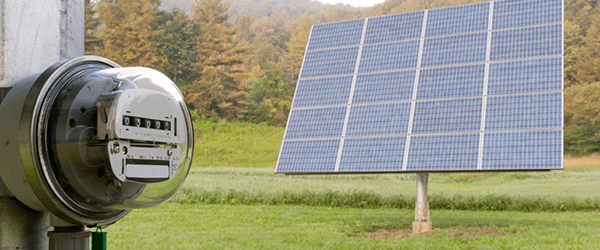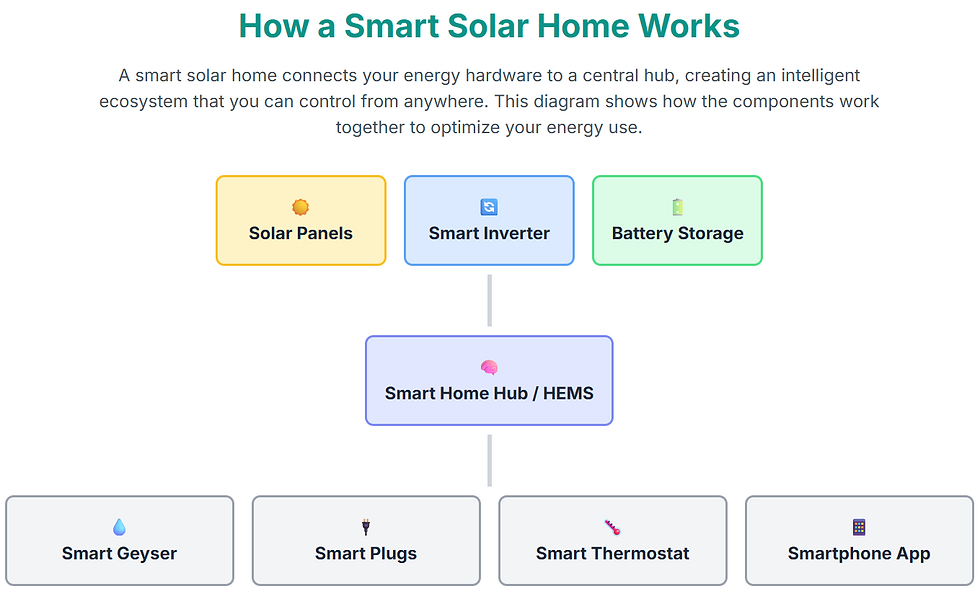Solar Net-Metering: What It Means and When It’s Coming
- frontiersolarzw
- May 29, 2025
- 2 min read

Net‑metering is a billing system that lets solar owners “spin their meter backwards” when they export power to the grid, earning credits against their consumption. In Zimbabwe, net metering regulations were introduced in 2018, so the framework exists even if full rollout has been slow. Under the law, any consumer with a grid-tied inverter (solar or wind) can apply to be a net-metering customer.

The program officially started in 2020. Companies can install a bi-directional meter that tracks energy in both directions. For each 1 kWh you feed into ZESA’s grid, you get a credit. Initially, Zimbabwe set a compensation factor of 0.9 (so you get 0.9 kWh credit per kWh fed back) . However, ZETDC raised concerns, and the regulator later proposed adjusting it (for example, reducing to 0.8) to balance the books. This technical detail is being discussed, but the good news is that the credit system works in principle.
By end-2021, about 109 people had applied, with 81 already connected under net-metering . The total metered capacity was ~2.1 MW (mostly small businesses and farms with 5–100 kW systems) . That’s modest compared to the demand, but it’s growing. Currently the cap for net-metered systems is 100 kW, and ZERA may raise this as needed. Importantly, net metering in Zimbabwe is net billing: you can only offset your own use, not sell power to others.
For households and businesses, net-metering can significantly improve the economics of solar. For example, if your system generates more power on weekends or rainy days, instead of wasting it, you bank it as credits to use when needed. This reduces your monthly energy bill even more.
When will it be fully available? It’s technically available now but gradually expanding. Any company or homeowner with a metering inverter can inquire with ZESA to join. ZERA is finalizing regulations and compensation rules, so we expect the program to become easier and more attractive in the next year or two. In the meantime, it pays to mention net-metering to your installer, so they design your system with the right meter.
In short, net-metering means your solar panels can literally power both your home and feed the grid, crediting you for excess energy. Zimbabwe’s rules allow it (see Electricity (Net Metering) Regulations, 2018). If you install a grid-tied system today, talk to your installer about applying – Frontier Solar offers expertise on the application process. When net-metering fully takes off, it will shorten payback times and make solar even more rewarding for Zimbabweans.
How do you feel about net metering?
I'd love to have it!
Not interested
I'm on the fence




Comments